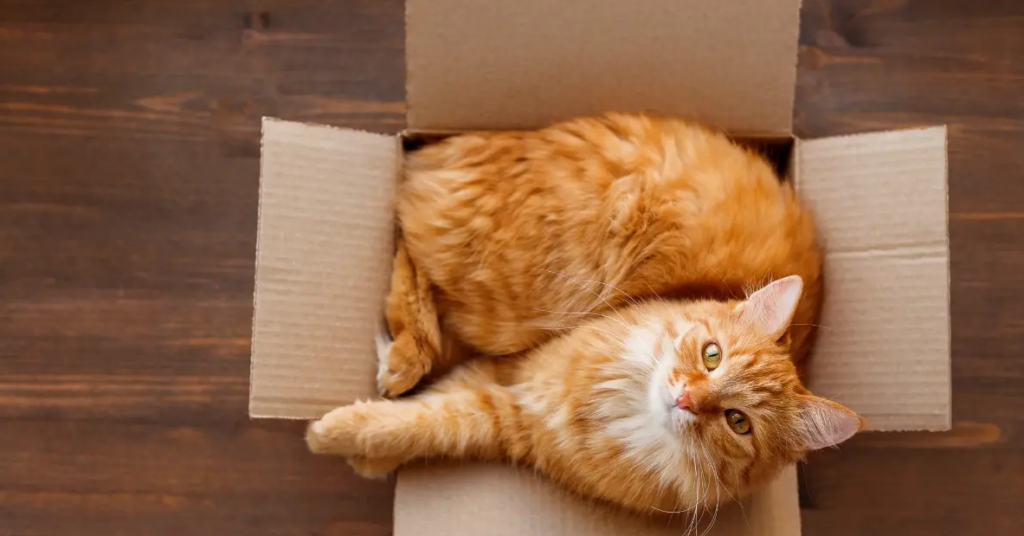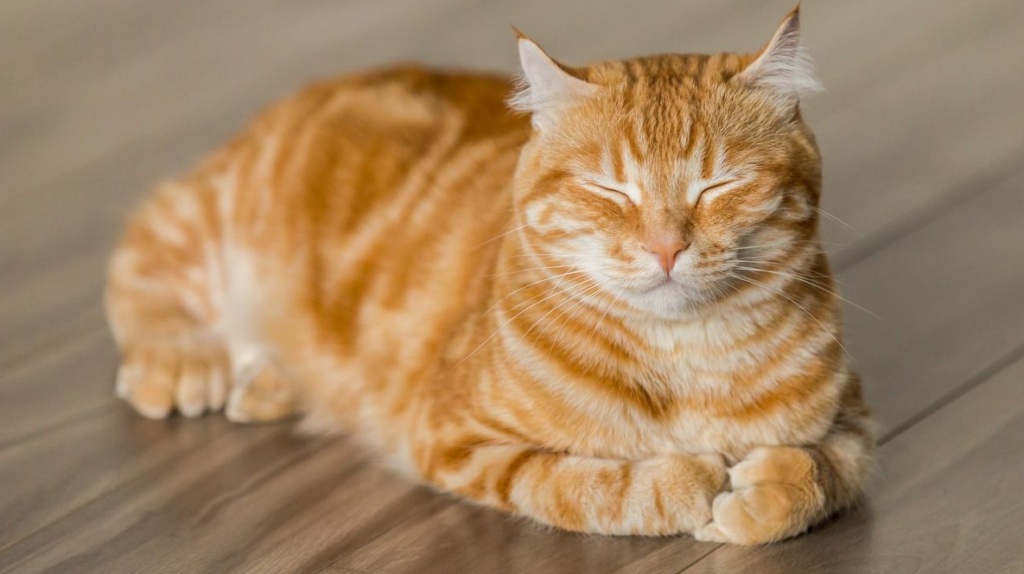Orange cats, with their vibrant coats and endearing personalities, are adored by cat lovers around the globe. However, some online communities and pet enthusiasts have given them a controversial reputation for being aggressive or mischievous. Is this reputation deserved, or are these ideas mere myths? Let’s dive into the genetics, behavioral traits, and environmental influences shaping the personality of these eye-catching felines.
The Origin of the Orange Cat Stereotype
Over the past few years, orange cats have become the subject of many discussions, particularly on platforms like Reddit. One notable instance occurred in late 2021, when a Reddit user, @throwawayorangecats, shared a story about two cats in their workplace: an orange cat named Jorts and a calico named Jeans. Jorts was described as “arrogant,” refusing to enter a room unless the door was fully open, while Jeans was praised for her problem-solving skills. This humorous anecdote went viral, fueling lighthearted stereotypes about orange cats being stubborn or mischievous.

Genetics: The Science Behind Their Behavior
The unique behavior of orange cats is often tied to their genetic makeup. The gene that determines their fiery coat is found on the X chromosome. This genetic quirk makes orange males far more common than females. According to statistics from BBC Science, about 80% of orange cats are male. Male cats, due to their hormonal profiles, are more likely to exhibit territorial or aggressive tendencies compared to females.
Furthermore, genes influencing coat color can also affect other traits, such as body size. Orange cats are often larger than their peers, which may contribute to their confidence and assertiveness. This physical advantage could explain why they seem more inclined to take leadership roles in their social groups or approach humans with boldness.
Environmental Factors: Shaping the Orange Cat’s Personality
Genetics is only part of the story. Environmental factors significantly influence the behavior of any cat, including orange ones. Animal behaviorists from Cat World emphasize that improper socialization or traumatic experiences can make cats of any color, including orange, more prone to aggressive behaviors.
Creating a safe and nurturing environment is crucial. Proper training, regular socialization, and stress-free surroundings can help prevent aggressive tendencies in orange cats.
Debunking the Myths
While science and anecdotes may highlight certain behavioral patterns, it’s essential to remember that every cat is an individual. Not all orange cats are aggressive, and many are known for their affectionate, playful nature. Owners often describe them as attention-seeking lap cats who thrive on human interaction.
Additionally, online stereotypes, like those shared on Reddit, should be taken with a pinch of humor. Stories such as Jorts and Jeans are entertaining but should not overshadow the fact that a cat’s personality is a complex interplay of genetics, upbringing, and environment.
How to Care for an Orange Cat
If you’re considering adopting an orange cat, here are some tips to ensure their well-being:
Early Socialization: Introduce your cat to different environments, people, and pets from a young age to foster positive behavior.
Provide Mental Stimulation: Orange cats, like all cats, benefit from toys, puzzles, and activities to keep their minds active.
Regular Vet Visits: Male orange cats may be prone to territorial behavior. Spaying or neutering can help reduce hormonal aggression.
A Loving Home: Cats need a secure, loving environment to thrive. Regular playtime and affection can go a long way in shaping their temperament.

Conclusion
While orange cats might carry a playful stereotype, labeling them as inherently aggressive is an oversimplification. Similar to all cats, their behavior is shaped by a mix of genetics and environmental factors. By understanding their unique needs and providing a supportive home, orange cats can be just as loving and gentle as any other feline.
So, are orange cats as “bad” as some say? Not at all—they’re simply full of personality and charm, ready to bring color and joy to your life!
